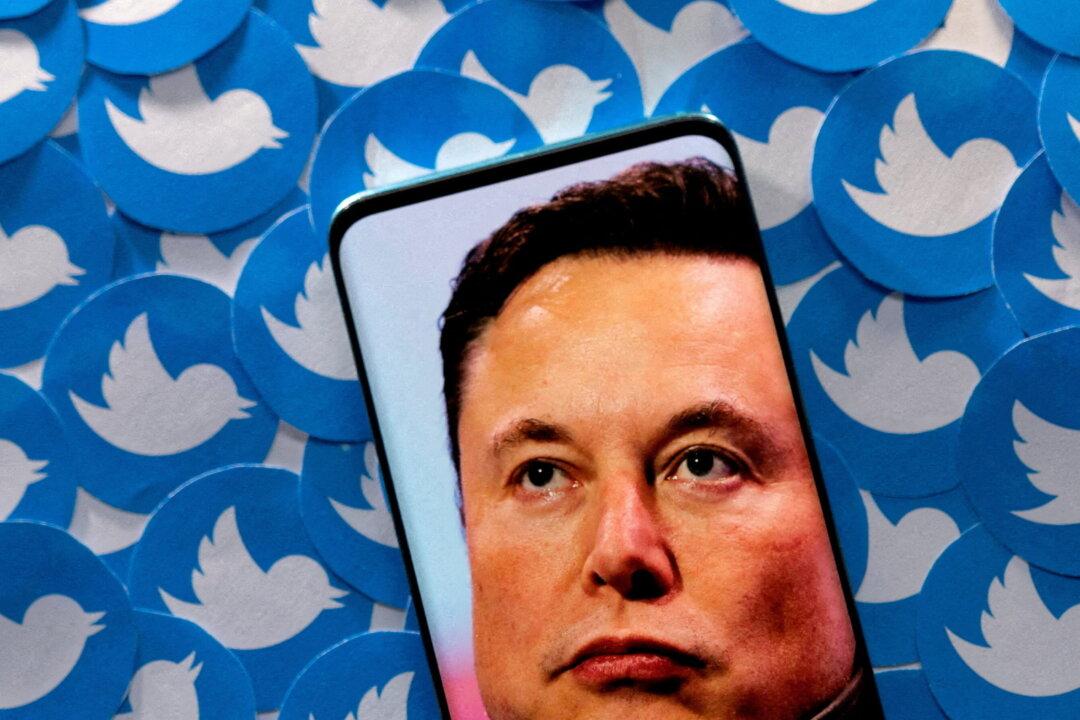Tech entrepreneur Elon Musk has subpoenaed a Twitter whistleblower who recently made explosive claims that the social media company misled regulators about security and lied to Musk about the number of spam bots on the platform.
Court filings show that Musk has subpoenaed Peiter Zatko, Twitter’s former security chief, who made a series of bombshell allegations in a disclosure filed in July with federal regulators (pdf), including the assertion that Twitter was “lying about bots to Elon Musk.”





